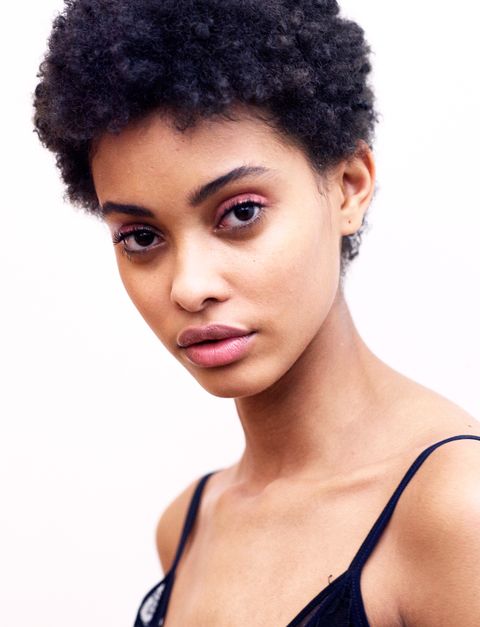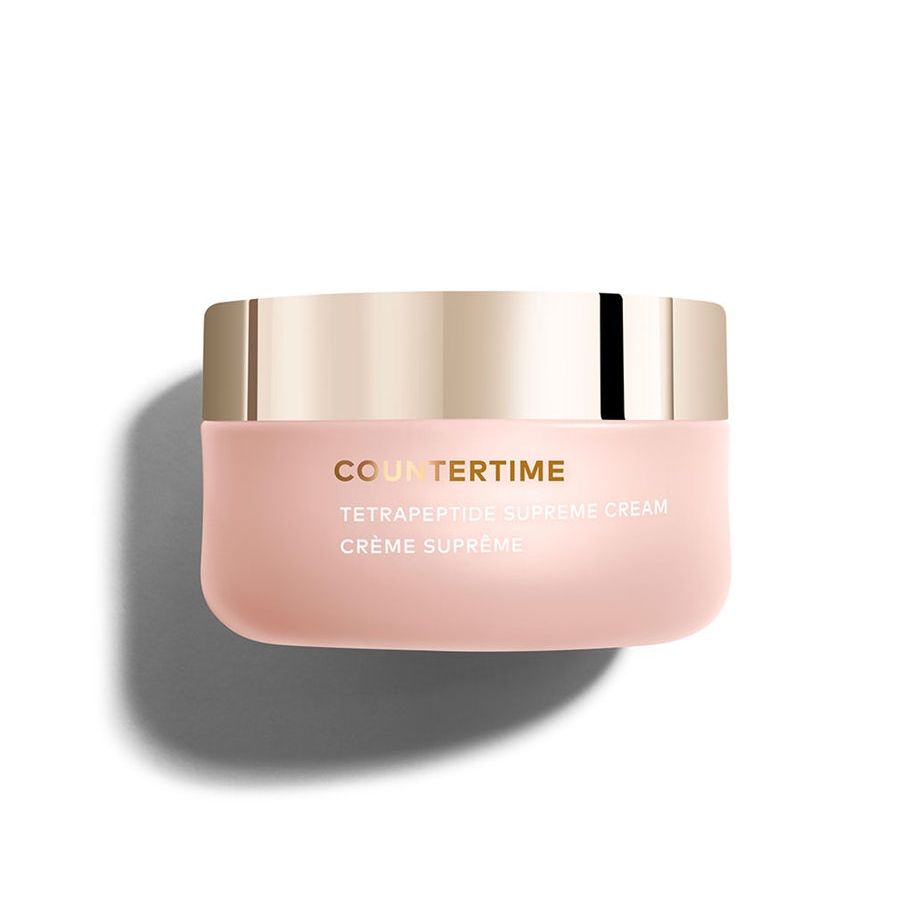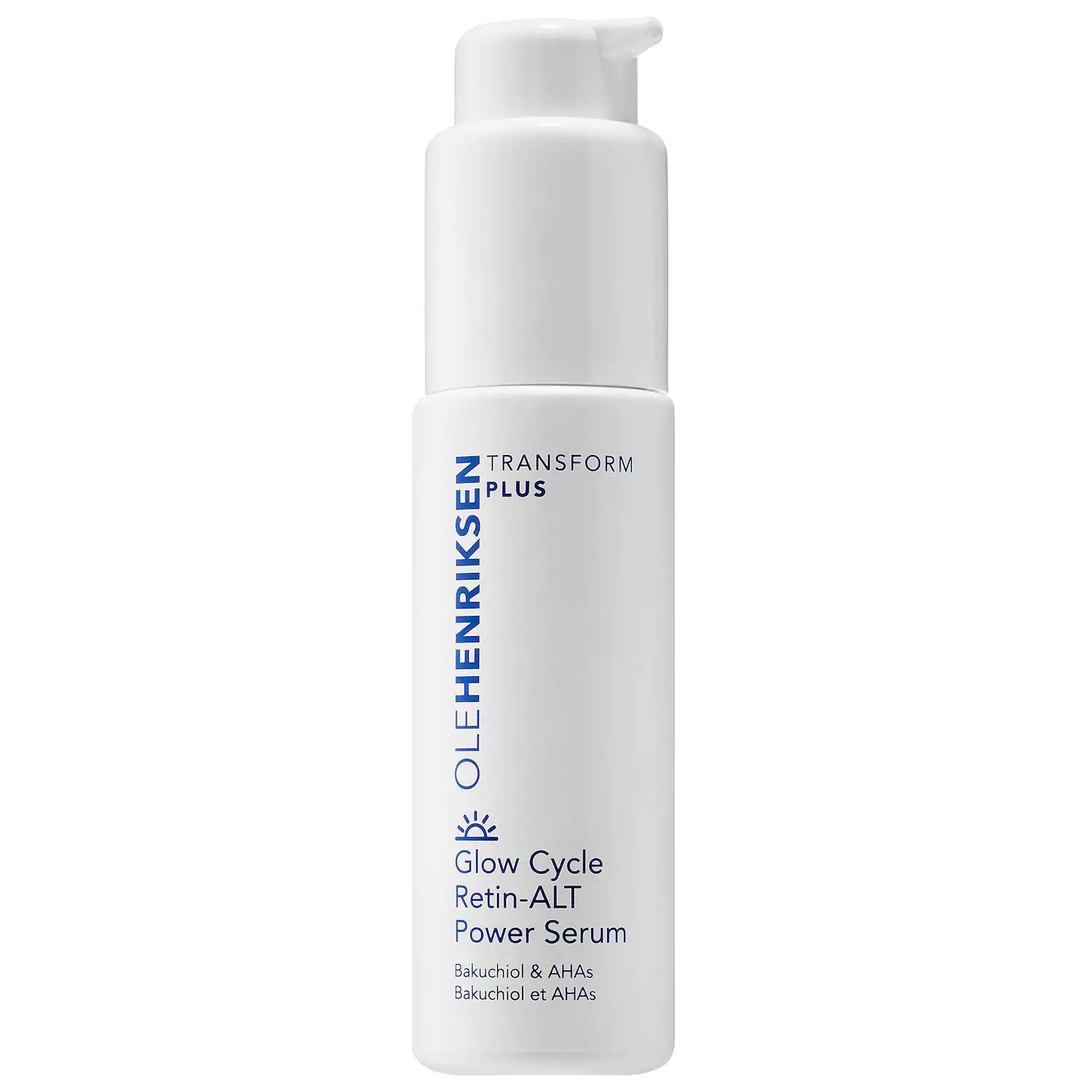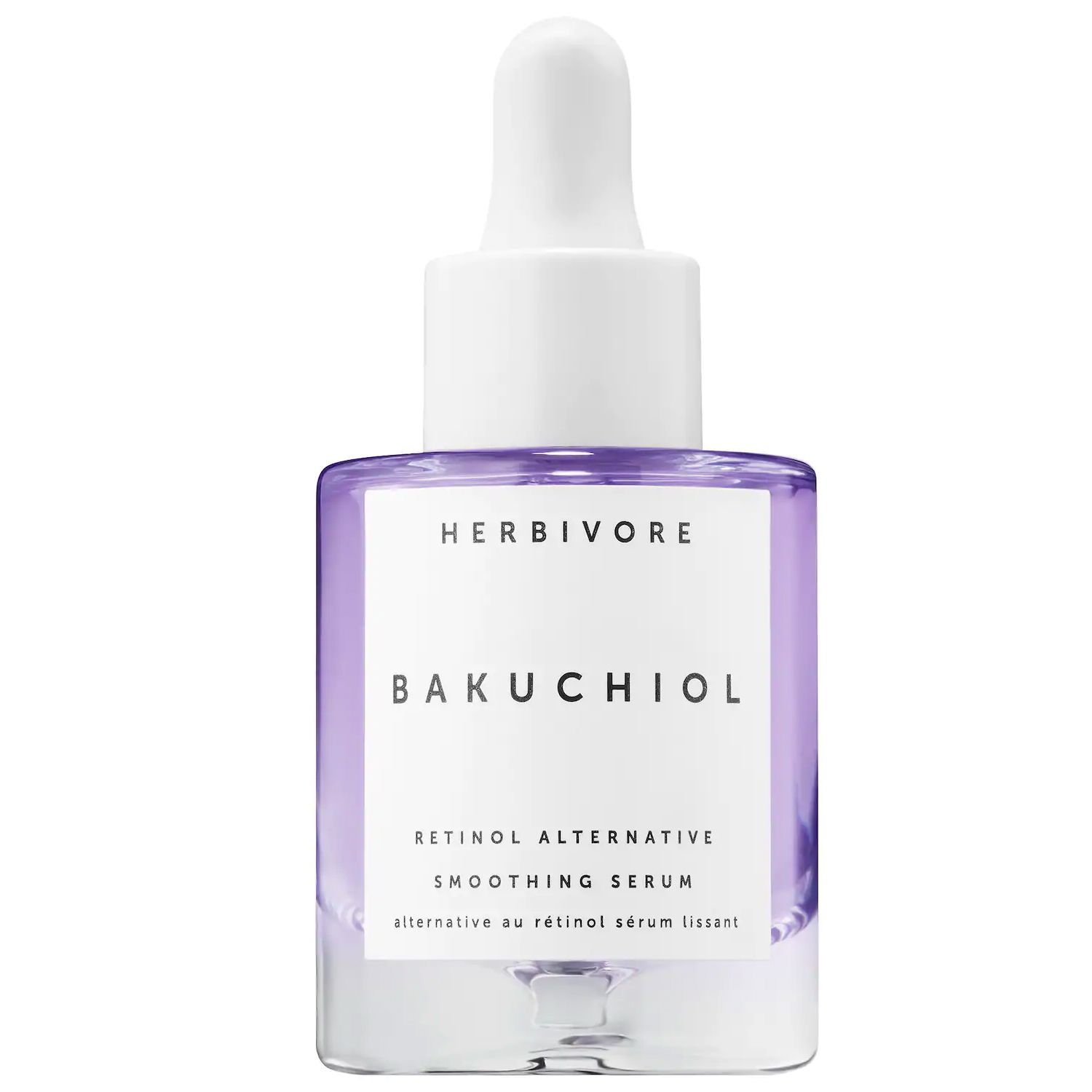
Antonello TrioGetty Images
My relationship with retinoids has been longstanding. It started in my teens when my dermatologist put me on a prescription tube of Retin-A to treat inflammatory acne. Since then, it's been a staple in my routine, along with over-the-counter retinol (a weaker variant of vitamin A), to prevent fine lines and even out hyperpigmentation and acne scarring.
As much as I love it, it takes some time to acclimate to Retin-A: I started with twice a week usage, layering on ample moisturizer before and after, then worked up to applying daily. Side effects have included dryness and extra sensitivity (flash to: my skin ripping off during an eyebrow wax), but all that said, retinol is a darling ingredient in the skincare world for a reason, and it's hard to picture my regimen without it.
That's why I was intrigued when I started hearing about bakuchiol (pronounced: bah-koo-chee-ole), a buzzy ingredient being touted as a "natural alternative" to retinol, especially safe for sensitive skin (including pregnant women). Clean beauty brand Beautycounter recently launched Countertime, an anti-aging line centered around what they're calling a "retinatural complex," bakuchiol combined with antioxidant-boosting Swiss alpine rose.
So far, I've tried the Countertime Tetrapeptide Supreme Cream, which had a Creme de La Mer-like luxe feeling to it and made me wake up with double-take worthy plump, even skin. Immediate results don't tell me everything about longterm results, of course, but I was so impressed I replaced the moisturizer I've been loyal to for the past three months with it.
To learn more about the magic of bakuchiol, I consulted Dr. Gretchen Frieling, a Boston-based board certified Dermatopathologist and Michael McGeever, Chief Product and Merchandising Officer at Beautycounter, to break down everything you need to know.
What is bakuchiol?
"Bakuchiol is a chemical compound with antioxidant, anti-inflammatory, and anti-bacterial properties extracted from the bakuchi plant seeds," Dr. Frieling explains. "While there is no structural resemblance to retinol, it is said to be its natural alternative, as it revitalizes and nourishes the skin." McGeever adds that bakuchi, also called babchi, has long been used in Ayurvedic and Chinese medicine. "It was commercialized about 10 years ago in the beauty space," he says. "It's really only come on strong in the last couple of years because there's been quite a few studies run since 2013 about bakuchiol's ability to mimic benefits of retinol...every other ingredient we tried could not measure up to the performance benefits of retinol."
What are the skin benefits of bakuchiol?
Bakuchiol is proven to have a similar gene expression regulation as retinol. "Both boost collagen and elastin production and reduce photoaging like fine lines and wrinkles," Dr. Frieling says. "Unlike retinol, bakuchiol has no harsh side effects on the skin and is a much more gentle alternative. Studies have also shown bakuchiol’s abilities to reduce acne by fighting inflammation, hyperpigmentation, and roughness."
When can you see results?
"You'll see some immediate skin plumping, skin brightening and radiance," McGeever says. "Then, over time, the benefits will start to pay off as you use the product more. Say, in the four-week, eight-week timeframe is the reduction in the appearance of fine lines and wrinkles, the evening of the skin tone, and the skin texture looking smoother and firmer."
Dr. Frieling adds that patience is key: "A study in 2014 found that after 12 weeks, participants who applied bakuchiol twice a day saw a significant reduction in fine lines and wrinkles," she shares.
Why would you want a natural alternative to retinol?
It comes down to tolerance. "Retinol is one of the most touted skin care products for anti-aging. While it is an effective topical treatment, it is highly potent, and can cause adverse effects such as redness, inflammation, and peeling," Dr. Frieling warns. Retinol is known for increasing cell turnover, and that can include shedding excess skin. She also says you may not want to use retinol if you're pregnant because "some studies have also shown that vitamin A is detrimental to unborn babies."
McGeever cited similar retinol side effects. "It often causes skin redness, irritation, flakiness. And then on the other side, there's a significant phototoxicity issue with, that can happen with retinol—you're recommended to not be in the sun," he says. "The nice thing about bakuchiol is that bakuchiol actually is able to deliver those benefits without the issues of overloading the skin and getting skin irritation."
That being said, if you use retinol regularly and experience no adverse effects, you don't necessarily need to switch to bakuchiol.
Any tips for application?
As with any new ingredients you are implementing in your routine, it's best to test a small patch of skin for allergic reactions before slathering your whole face in it—even if it is gentle. "Bakuchiol is safe for all skin types," Dr. Frieling says.
Typically when you use retinol, you should be careful not to overload it on your skin (hence, why doctors recommend working your way up to daily usage and using ample moisturizer to buffer). "You would not be recommended that you layer a whole bunch of products [with retinol]," McGeever says. That's not the case with bakuchiol. "We're actually able to get active performance while formulating it at low levels. You're able to multiply your benefit by using the regimen." That means if bakuchiol is in your cleanser, essence, and moisturizer, you'll only benefit more.




Comments
Post a Comment